Changing your eating habits is a personal decision, and only one you can make. Have you ever thought about starting, or working towards a plant-based diet? The effects of beginning a plant-based nutrition practice can be astounding, not only to you, but to the planet as well!
For so many of us it can be difficult to imagine a day without consuming meat, but what if you started by reducing your meat and dairy consumption? It doesn’t have to be all salads and raw veggies! Are you ready to explore some amazing options that can help your plate come alive?
Nicole Cormier, RD, LD of Delicious Living Nutrition, does an amazing job with this article; explaining how plant-based eating impacts our lives on every level.
Cheryl Radford, BioMed Programs Coordinator
——————————————————————————-
From Dirt-to-Dinner – Benefits of a Plant-Based Diet
by Nicole Cormier, RD, LDN
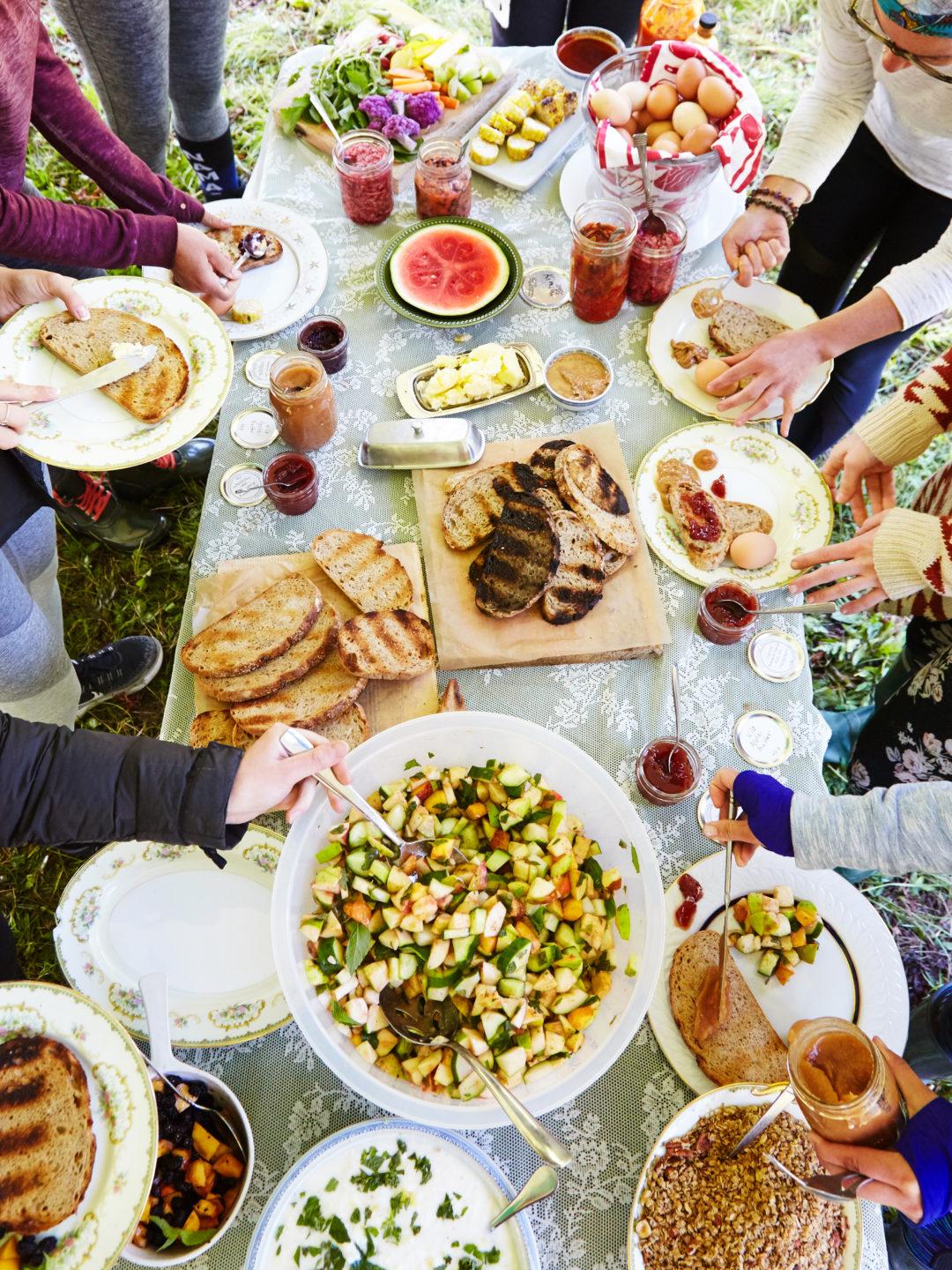 For many, it may be hard to think about eating without including meat every day. However, take a few minutes to consider what it may look like to consume a plant-based diet or as I prefer to call it a plant-based nutrition practice; when done right it can be exciting, tasty, and incredibly healthy both for yourself and for the environment.
For many, it may be hard to think about eating without including meat every day. However, take a few minutes to consider what it may look like to consume a plant-based diet or as I prefer to call it a plant-based nutrition practice; when done right it can be exciting, tasty, and incredibly healthy both for yourself and for the environment.
A plant-based diet means eating vegetables, fruits, grains, tubers, and legumes with little to no animal products. You don’t have to give up meat and dairy completely or immediately consider implementing this kind of lifestyle as a process. If that doesn’t sound likely for your personal needs or likes, stick to lean meats and fish in moderation. A plant-based diet can help to reduce the chances of diabetes, high blood pressure, heart disease, and stroke by cutting down on saturated fats and cholesterol while also increasing your fiber, vitamin, and mineral intake. It can even help to reduce chances of cancer and help with letting go of excess weight.
Great, so a plant-based diet is clearly an excellent option for your health but it’s also incredibly sustainable and healthy for the environment and those included in the food system. Some other factors to think about include animal welfare issues, huge amounts of greenhouse gases being released into the environment, major pollution of land and water, and incredible uses of water and other resources. By eating a largely plant-based diet you can cut down your carbon footprint by reducing the amount of resources required to produce the foods you consume and the impacts your choices make on the environment, creating a much more efficient and healthy system. To improve your health and the environment’s why not try out a plant-based nutrition practice? Try going animal product free a few days a week first and then continue increasing your plant sources. Remember! This doesn’t mean you can only eat salad or raw veggies the options are endless, exciting, and diverse.
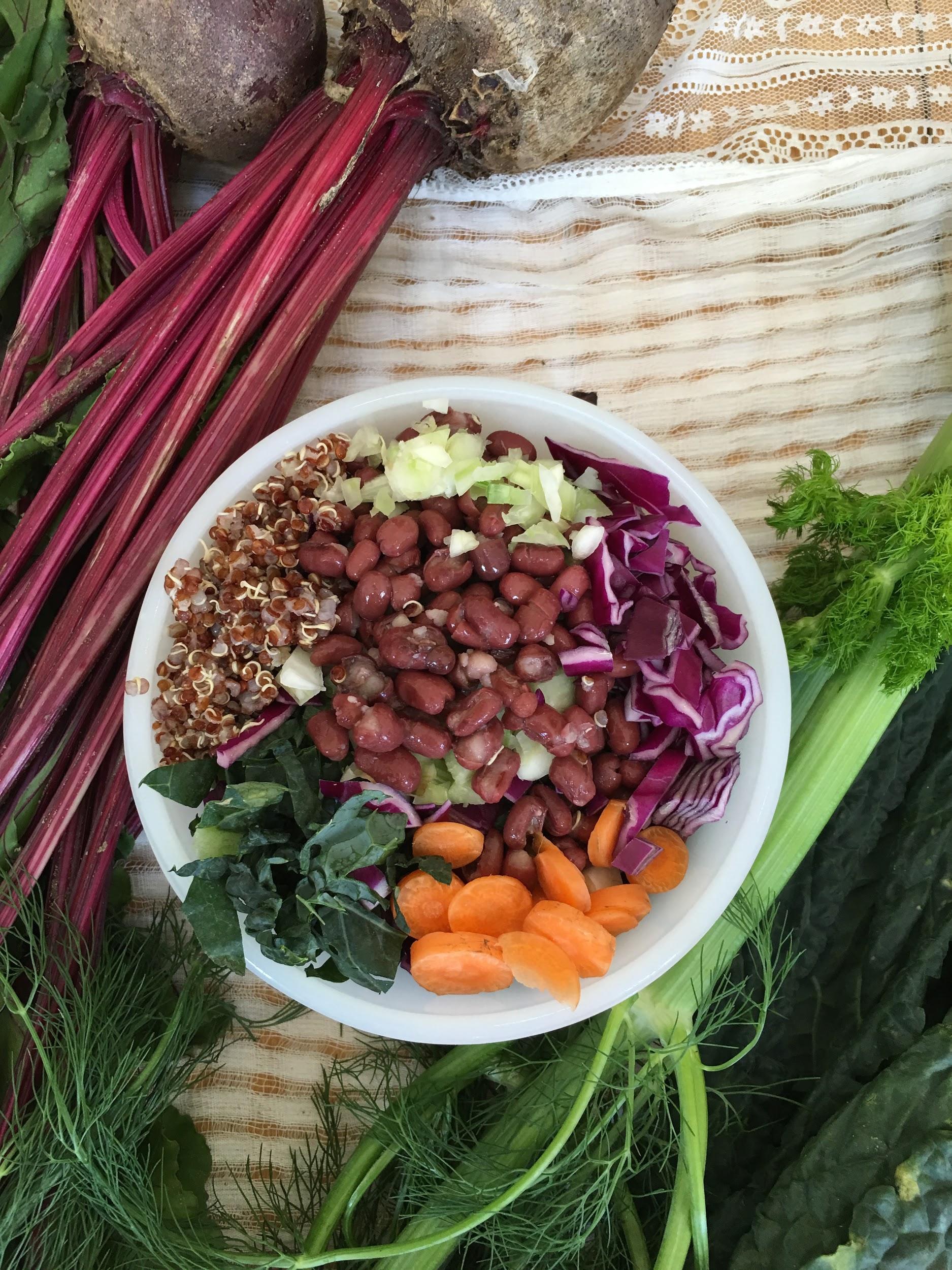
PLANT FOOD IS EASY TO PRESERVE
Brine for Pickling:
Makes: 1.5 liters
Ingredients
- 1-liter apple cider vinegar
- 500-mL water
- 2/3 cup honey
- 1 teaspoon black mustard seed
- 4 teaspoons coriander seed
- 3 teaspoons fennel seed
Method
- In a medium saucepan, roast the spices on medium heat until they are fragrant.
- Add this to the vinegar, water, and honey and bring to a boil.
- Use with any veggie that you would like to be pickled.
Summer’s bountiful harvest of fresh fruits and vegetables is just around the corner. Do you know the brain benefits of berries and dark leafy greens? According to a study performed at Tufts University, berries and dark leafy greens such as spinach may help prevent or reverse age related declines in cognition and brain functioning. Blueberries, strawberries, blackberries, and spinach contain disease-fighting antioxidants that protect against inflammation and free-radicals that damage the brain. These foods are at their peak season during the summer months. Buy seasonal and locally grown fruits and vegetables. You’ll get more bang for your buck as these pack a bigger nutritional punch and have more flavor. You can incorporate these brain-boosting foods into your daily meals especially during the summer time.
One word we could use to describe our nutritional process to how we nourish our-SELF, is practice — the beauty of this approach is that it is shifting our relationship with your food, which will happen over time. Picking out a few in-season fruits and veggies to have on hand and incorporate into your recipes as substitutions is an excellent way to develop your intuitive cooking practice without becoming overwhelmed. Here are a few foraged items that you could experiment with this Spring for FREE.
|
Fiddleheads:
|
|
—————————————- Garlic Mustard:
|
Dandelion Greens:
|
| —————————————- |
Anti-inflammatory Smoothie Recipe:
Ingredients
- ½ cup blueberries (frozen, unless it’s summer season)
- a handful of spinach
- ½ c almond milk (homemade – yes, you can do it!)
- 3 tbsp hemp hearts
Instructions
- Blend
| —————————————- |
Homemade Almond Milk
- Soak 1 cup of almonds overnight. Rinse. Place in a high-speed blender or food processor with 3 cups of water until blended, then pour through a nut-milk bag. Milk will keep for 2 – 4 days. You could add flavor to your milk, like vanilla, cinnamon, cacao, maple or use your intuition.
Nutritionally speaking, there are many beneficial reasons for you to be a good juicer. Juicing can help you absorb vitamins and minerals – you can think of it as your daily multi-Vitamin.
Juicing aids in digestion and can heal damage that has been done to your GI tract. Just like fruits and vegetables have anti-aging properties, so do their juices. All the nutrients in juices can help boost your immune system and help you body resist + fight infections.Juicing can even improve circulation, enhance brain function + reduce high blood pressure and cholesterol levels.
And lastly, my favorite fact is that juicing can reduce the negative effects that stress causes on the body. It is important to recognize that {commercial juices} often contain added sugars, preservatives, + are from concentrate, even though they may not say so on the front of the packaging. By making your own juices, you can avoid these unnecessary chemicals and added sugars. So how do you make a juice? It’s easy, and fun! First choose a juicer that works for you. Start small, and then upgrade. {slow juicer, cold-press, or centrifugal}. Always add more vegetables than fruit to your juice Choose 1 or 2 fruits to sweeten your juice {such as apple, pineapple, or pear} Try to incorporate greens into every juice {think swiss chard, beet greens, baby spinach, pea greens or kale}
One of my favorite recipes combines {kale + pineapple + orange + fennel + carrot + lemon + ginger}. It makes a fresh, zesty, and sweet tasting juice. The best times for you to juice are before breakfast, mid-morning, or in the afternoon. Drink your juice fresh out of the juicer, or store it in glass containers and it will last for 3 days in the refrigerator.
Looking for more support in your nutrition practice? CLICK HERE to check out Nicole’s DLN Online Support.
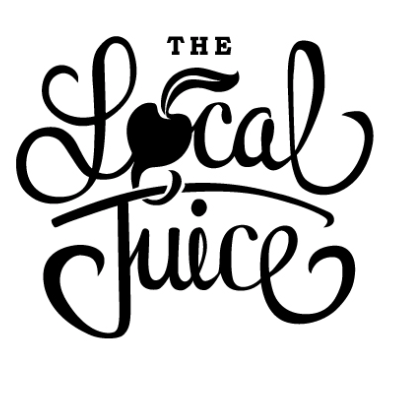
Nicole Cormier, RD, LDN
www.DeliciousLivingNutrition.com
Juice Bar: www.TheLocalJuice.com
Retreats: www.ProjectWoods.com
Rentals: https://www.deliciouslivingnutrition.com/bun-beard
Phone: 508-813-9282
Email: nicole@deliciouslivingnutrition.com
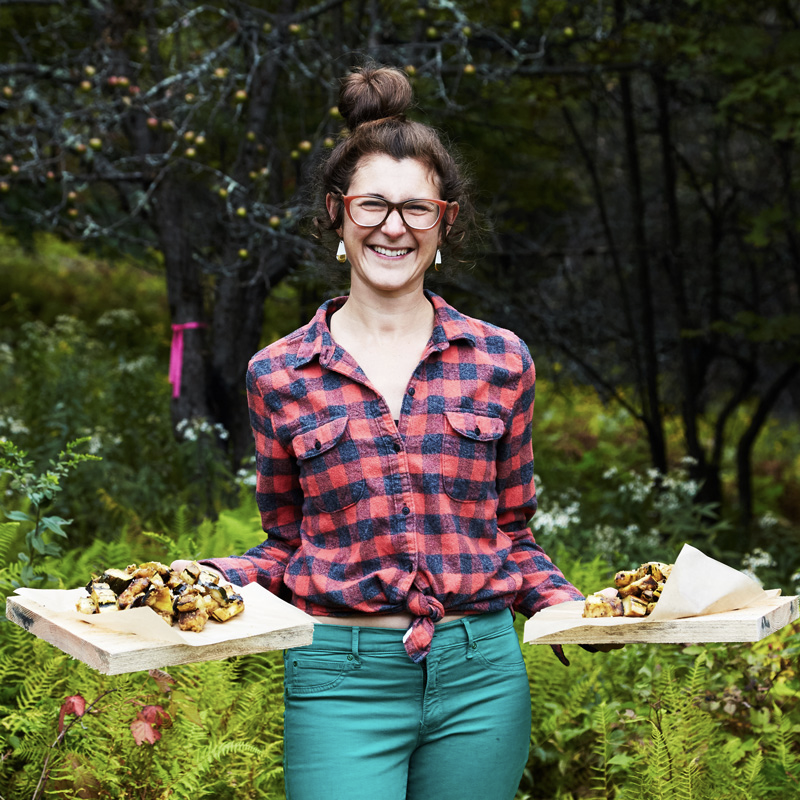
ABOUT NICOLE CORMIER, RD, LDN
Nicole Cormier is an anti-diet dietitian, local food enthusiast, author, an intuitive eating nutrition therapist and a certified Be Body Positive Facilitator. She indulges her passion for nutrition and local foods on beautiful Cape Cod through her nutrition therapy practice, Delicious Living Nutrition, through partnership in a cold-pressed juice company, The Local Juice, and her work with Sustainable CAPE, a non-profit that celebrates local food while teaching about the health of our bodies, community, and environment. Underlying everything she does is the concept of sustainability. This is an essential aspect of how she helps clients discover new foods and ways of cooking to put them on a path to health, as well as her own health.
She graduated from the University of Massachusetts and the Beth Israel Deaconess Dietetic Internship in 2006. After following her passions, she has been mentoring nutrition students through Summer Internships and founded the DLN Dietetic Internship that welcomed their first class in January 2020.



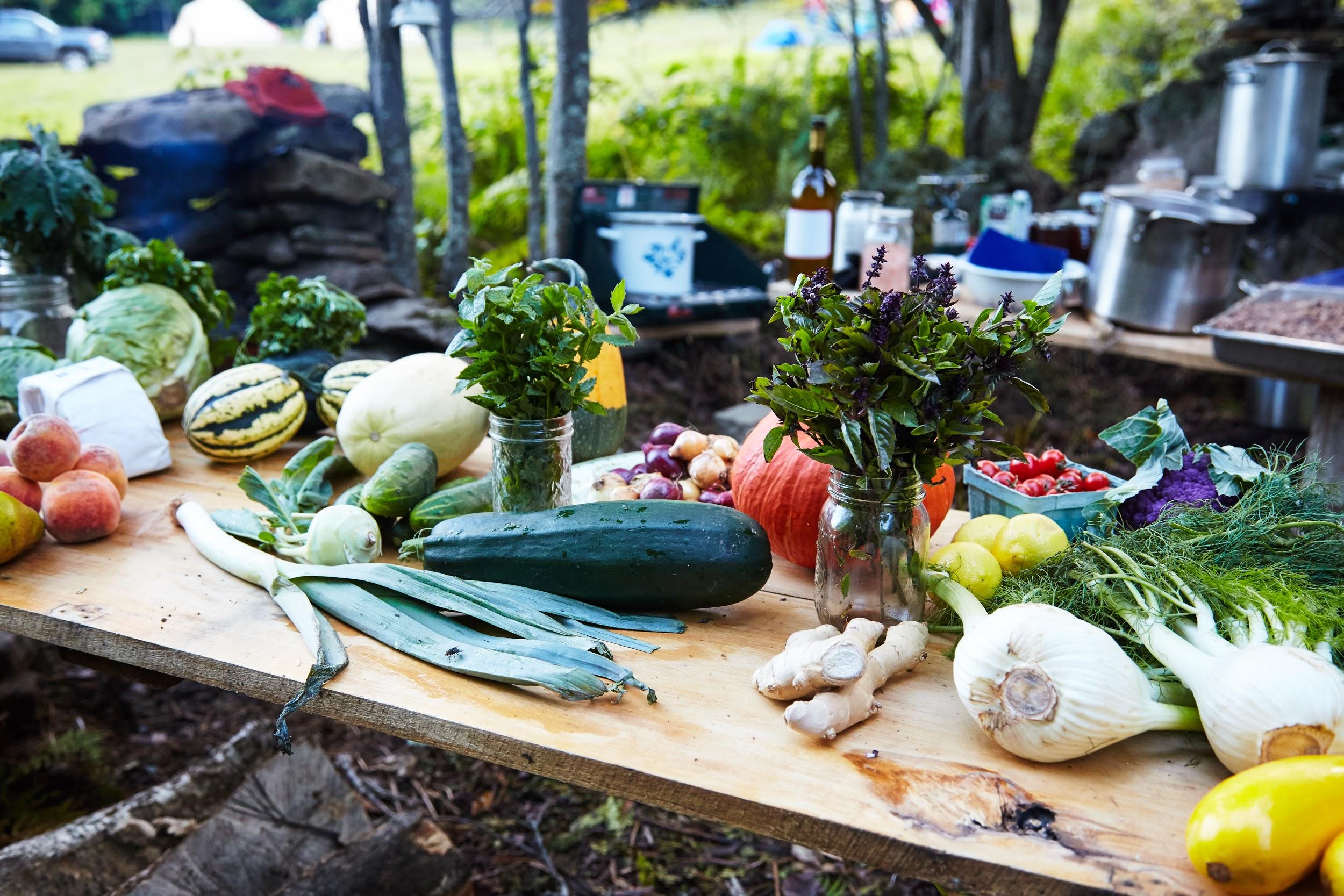
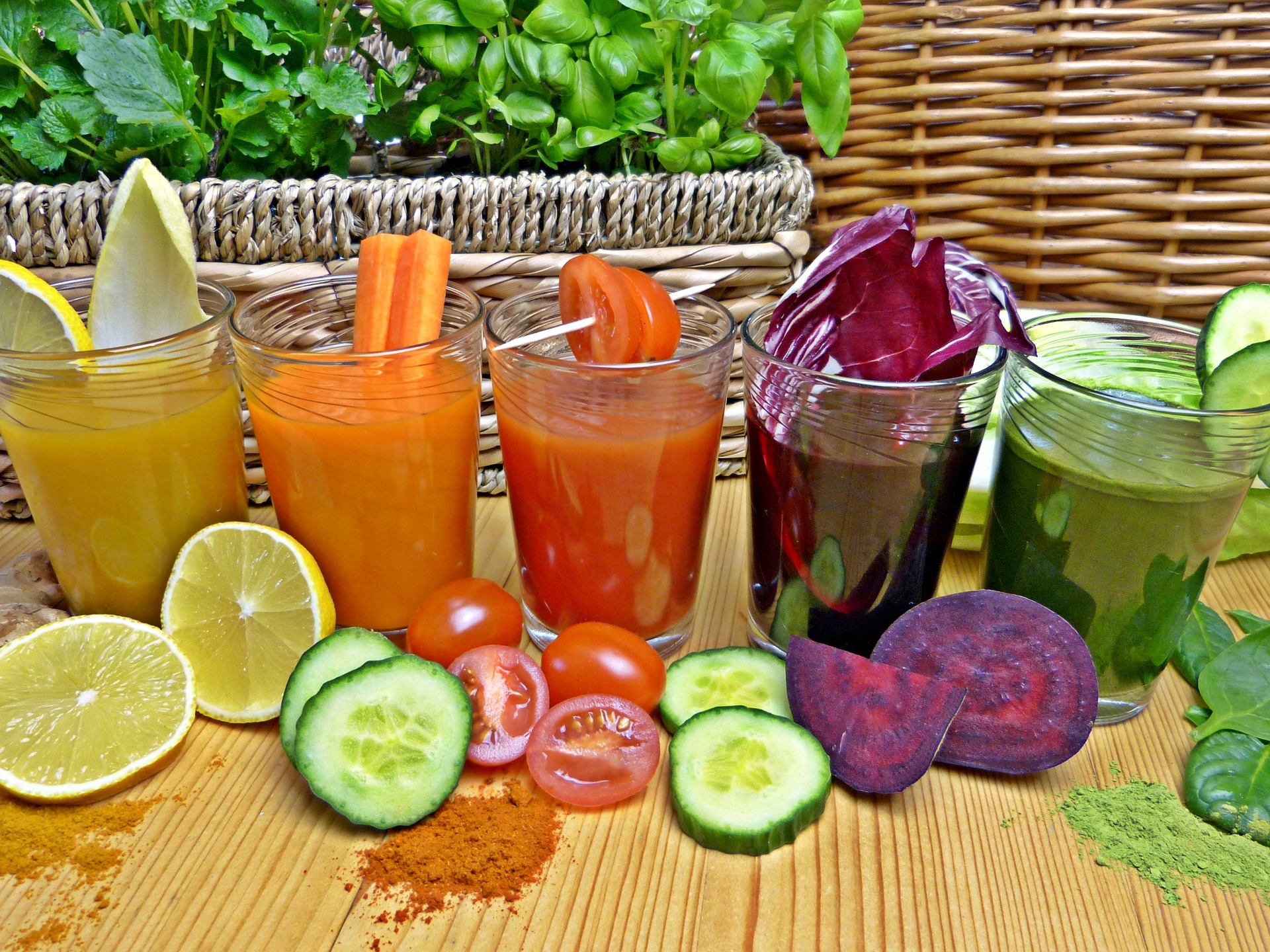



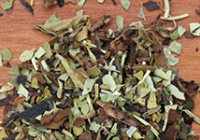






This Post Has 0 Comments